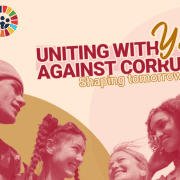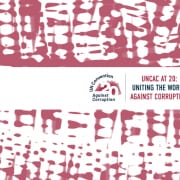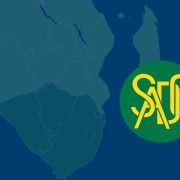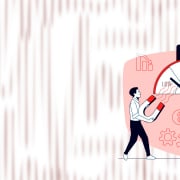|
Getting your Trinity Audio player ready...
|
Today, 9 December, the world marks International Anti-Corruption Day (IACD). This year’s theme is UNCAC at 20: Uniting the World Against Corruption, and it also marks the beginning of the lead-up to the 20th anniversary of the UN Convention Against Corruption.
Corruption is intertwined in most of the challenges that today’s world faces – challenges which threaten prosperity and stability for people across the globe, says the UN.
“Corruption has negative impacts on every aspect of society and is profoundly intertwined with conflict and instability jeopardising social and economic development and undermining democratic institutions and the rule of law.”
Furthermore, corruption not only hampers peace processes and follows conflict but is also frequently one of its root causes – by undermining the rule of law, worsening poverty, facilitating the illicit use of resources, and providing financing for armed conflict.
Whole-of-society approach to anti-corruption
“How do we unlearn some of the tendencies people have learned in order to relearn the new values so that we have a new moral code?” says Professor Somadoda Fikeni, commissioner of the Public Service Commission, speaking on the second day of the annual commemorative event in Pretoria. “We will have to work with the entire ecosystem, with the National School of Government, with the universities with the training institutions, because the issue of promoting good values and morality cannot be legislated. It has to be a deep conscientisation process and public education.”
The struggle against corruption will not be easy, warns Fikeni. “There will be a push back and some of the people who are leading this struggle may be targeted. There will be a backlash but like the new wave of the struggle, like the struggle of the times before, we must know that there is no struggle without casualties, but we must keep our eyes on the prize of having a corruption-free South Africa.”
Fikeni’s remarks correlate with another particular message which IACD 2022 seeks to convey – the crucial link between anti-corruption and peace, security, and development. At the core of this message is the notion that tackling this crime is the right and responsibility of everyone, but to successfully do so requires a whole-of-society approach.
“Corruption is a societal ill and requires the commitment of all members of society,” states South Africa’s National Development Plan in chapter 14: Fighting Corruption. “South Africans must make the connection between the petty incidents of corruption they participate in daily – such as the ‘cold drink’ to a traffic officer to avoid a fine – and the grand corruption they see reported in the newspapers. The country must create a shift in attitude towards corruption.”
Only by joining the dots between small and large acts of corruption, and by accepting that none of them can be allowed to continue, will we build a solid foundation for the curtailment – if not eradication – of corruption.
From academia to civil society and the criminal justice system, from unions to the private sector and professional bodies, old and young alike, it is only through the co-operation and involvement of each and every person and institution that we dare hope to clamp down on corruption.
UNCAC binding and essential
Drafted in October 2003, signed in December 2003, and enforced in December 2005, UNCAC is the only legally binding international anti-corruption multilateral instrument. Its “far-reaching approach and the mandatory character of many of its provisions make it a unique tool for developing a comprehensive response to a global problem.”
The secretariat function for UNCAC is fulfilled by the UN Office on Drugs and Crime. To date, 189 parties have committed to UNCAC’s anti-corruption obligations, though only 140 are signatories. South Africa is one of these, having signed the convention in December 2003 and ratified it in November 2004. Ratification is an international act in which a state indicates its consent to be bound to a treaty, if the parties intended to show their consent by such an act. Having bound itself to UNCAC, South Africa is now obliged to implement and abide by its provisions.
UNCAC covers many different forms of corruption, such as bribery, trading in influence, abuse of functions, and various acts of corruption in the private sector. Its five main areas of focus are:
- preventive and punitive measures,
- criminalisation and law enforcement,
- international co-operation,
- asset recovery, and
- technical assistance and information exchange.








